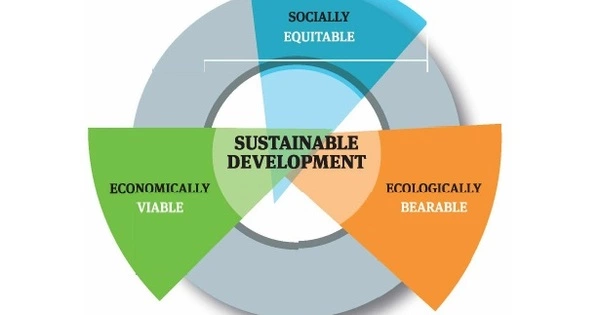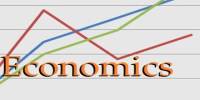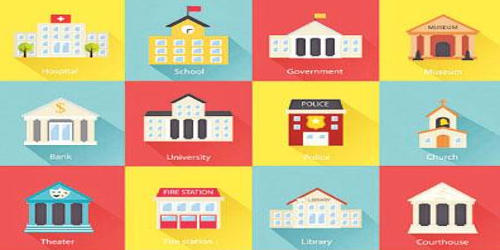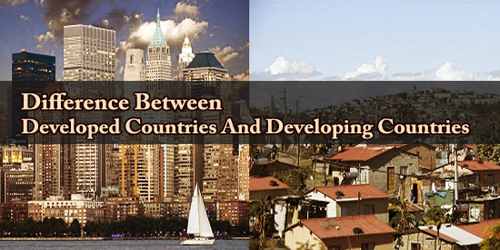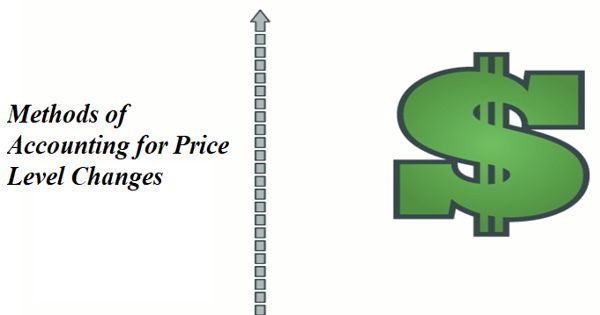Sustainable development is an approach to a country’s economic development that does not compromise the quality of the environment for future generations. It is an organizing principle for achieving human development goals while also preserving natural systems’ ability to provide natural resources and ecosystem services on which the economy and society rely. Environmental damage is paid for in the name of economic development through land degradation, soil erosion, air and water pollution, deforestation, and so on. This harm may outweigh the benefits of the higher quality output of goods and services.
The concept of sustainable development can be interpreted in a variety of ways, but at its core is a development approach that seeks to balance various, often competing, needs against an awareness of the environmental, social, and economic constraints we face as a society. The desired outcome is a state of society in which living conditions and resources are used to meet human needs without jeopardizing the natural system’s integrity and stability.
The Brundtland Report of 1987 defined sustainable development as “development that meets the needs of the present generation without jeopardizing future generations’ ability to meet their own needs.” As the concept of sustainable development developed, it shifted its focus more toward economic development, social development, and environmental protection for future generations.
Sustainable development can be achieved if we follow the following points:
- It can be achieved by restricting human activities.
- Technological development should be input effective and not input-utilizing.
- The rate of consumption should not surpass the rate of salvation.
- For renewable resources, the rate of consumption should not surpass the rate of production of renewable substitutes.
- All types of pollution should be minimized.
- It can be achieved by the sensible use of natural resources.
The Rio Process, launched at the 1992 Earth Summit in Rio de Janeiro, was the first to institutionalize sustainable development. The United Nations General Assembly adopted the Sustainable Development Goals (SDGs) (2015 to 2030) in 2015 and explained how the goals are integrated and indivisible to achieve global sustainable development. The 17 goals address global issues such as poverty, inequality, climate change, environmental degradation, peace, and justice.
The normative concept of sustainability is inextricably linked with sustainable development. “Sustainability is often thought of as a long-term goal (i.e. a more sustainable world), while sustainable development refers to the many processes and pathways to achieve it,” according to UNESCO.
Sustainable development offers a method for making better decisions about issues that affect all of us. We can ensure that residents have easy access to healthcare and leisure facilities by incorporating health plans into the planning of new communities, for example. In various ways, the concept of sustainable development has been criticized. While some see it as a paradox (or an oxymoron) and see development as inherently unsustainable, others are dissatisfied with the lack of progress made thus far. Part of the problem is that the term “development” is not consistently defined.
